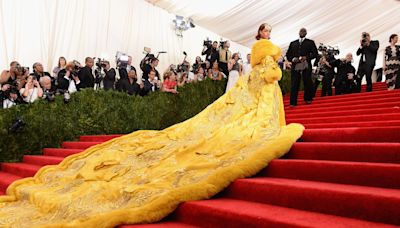Search results
The Muses were the Greek goddesses of poetic inspiration, the adored deities of song, dance, and memory, on whose mercy the creativity, wisdom and insight of all artists and thinkers depended.
Apr 8, 2024 · Muse, in Greco-Roman religion and mythology, any of a group of sister goddesses of obscure but ancient origin, the chief center of whose cult was Mount Helicon in Boeotia, Greece. They were born in Pieria, at the foot of Mount Olympus.
The Muses. The nine Muses were the goddesses the arts. At one point it was believed that there were only three muses, but the currently accepted understanding is that there were nine. Each muse had a different type of art they commanded. Calliope was considered the muse of epic poetry and speech.
Dec 14, 2012 · In Greek mythology, the nine Muses are goddesses of the various arts such as music, dance, and poetry. Blessed with wonderful artistic talents, they also possess great beauty, grace, and allure. Their...
Jan 3, 2017 · Origin: Greek. Role: Goddesses of science, arts and literature. Symbols: Scroll, Tablet, Shepherd’s Crook. Number: 9. Parents: Zeus, Mnemosyne. Other Name: The Muses. Who Is Muse? Muse is another name for the Muses, the Greek goddesses who inspired science, the arts, and literature.
Jun 14, 2022 · The Nine Greek Muses, in ancient Greek mythology, were the daughters of Zeus, the king of the gods, and Mnemosyne, the Titaness of memory. The Muses were believed to be the inspirers of various arts and sciences, providing divine guidance and creativity to artists, poets, musicians, and scholars.
Oct 11, 2023 · The Muses are the nine goddesses of the arts and sciences from ancient Greek mythology. They were gods in their own right, and they were often seen as the inspiration behind many great pieces of art. That was, typically, their role in ancient Greek culture.






